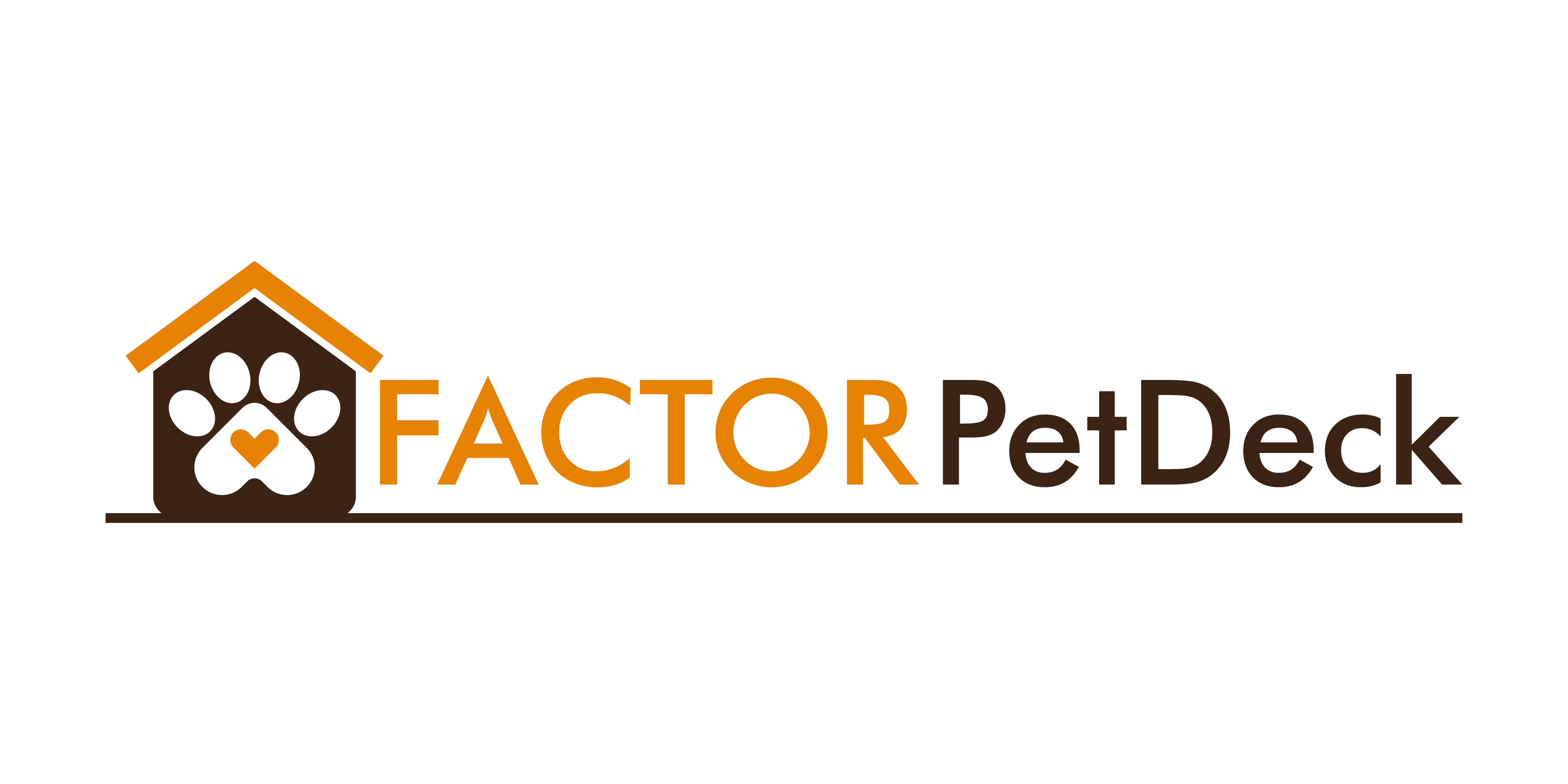The Basics: What Are Pet Supplements?
Pet supplements are concentrated nutritional products designed to support your animal’s health. Think of them like backup systems—meant to reinforce, not replace, a balanced diet. They come in forms like pills, powders, chews, and liquids, and they’re used to target specific needs or deficiencies.
Common types of pet supplements include vitamins and minerals for overall wellness, joint support formulas for mobility (typically containing glucosamine and chondroitin), probiotics to aid digestion, and omega-3 fatty acids for skin, coat, and inflammation.
Here’s where it gets important: supplements are not the same as complete pet food. Complete pet food is regulated to meet 100% of a pet’s daily nutritional requirements. Supplements, by contrast, fill in gaps—or aim to optimize health in ways standard food might not address. When used right, supplements can give your pet an edge. When used wrong, they’re just expensive distractions—or worse, harmful. That’s why knowing the difference matters.
When Supplements Make Sense
Not every pet needs a supplement, but there are clear times when they can help. Older animals, for instance, often benefit from joint support supplements like glucosamine and chondroitin. Large breed dogs may need added omega-3s for joint and heart health. Cats with chronic kidney disease sometimes get a nutritional edge from B vitamins or appetite stimulants. And pets recovering from surgery or illness may need an extra protein or calorie boost while healing.
Breed can matter, too. Some breeds are more prone to specific issues—think bulldogs with skin problems or golden retrievers with joint troubles. For pets with known breed-related concerns, a targeted supplement can be a smart part of a proactive care plan.
Then there’s the question of gaps in commercial pet food. Most reputable brands meet basic nutritional standards, but “complete and balanced” doesn’t mean optimal for every animal at every life stage. Processing can reduce nutrient bioavailability. Long shelf lives can degrade certain vitamins. In some cases, pets benefit from a top-up—especially when their body is under extra stress, whether from aging, allergies, or a high-activity lifestyle.
From a vet’s standpoint, the right supplement is one that solves a real problem or supports a clearly defined need. The green light usually comes when blood work shows a deficit or a symptom points to something a supplement can address without replacing medical care.
Bottom line: supplements aren’t one-size-fits-all. But in the right situations—and chosen wisely—they can support overall health in ways diet alone might not cover.
Red Flags & Risks
While supplements can provide valuable support for some pets, they are not without risks. It’s important to tread carefully—and always involve your vet—when considering adding supplements to your pet’s routine.
The Risk of Too Much: Over-Supplementation
Giving your pet more of a good thing isn’t always better. In fact, excessive doses of certain nutrients can cause serious health problems.
- Vitamins A and D can become toxic at high levels, potentially leading to organ damage.
- Calcium and phosphorus imbalances may disrupt bone development, especially in puppies.
- Iron and zinc in excess can impact liver function or interfere with the absorption of other nutrients.
Always follow dosing guidelines and remember: more is not always healthier.
The Marketplace Problem
Unlike prescription medications, pet supplements are not strictly regulated. This leads to quality and safety inconsistencies.
- Lack of oversight means products can vary wildly in potency, purity, and ingredient sourcing.
- Misleading labels may overpromise benefits or hide unnecessary fillers and artificial additives.
- No third-party testing? That’s a red flag. Look for brands that verify their claims through independent analysis.
Check for the NASC (National Animal Supplement Council) seal or talk to your vet about trusted brands.
Signs a Supplement Isn’t Working—Or Worse
It’s crucial to observe how your pet reacts after starting a supplement. Even natural ingredients can have unwanted side effects.
Watch for:
- Vomiting or diarrhea
- Loss of appetite
- Increased itching or skin irritation
- Lethargy or behavioral changes
If any of these occur, discontinue use and consult your veterinarian immediately. Every pet is different—what works for one may harm another.
Bottom line: Supplements can help, but they should never be used casually or without professional guidance.
Vet Insight: Choosing Wisely
When it comes to pet supplements, most veterinarians aren’t interested in fancy packaging or buzzword ingredients. What matters is quality, consistency, and proof it works. A vet-approved product usually ticks a few non-negotiable boxes: it’s been third-party tested, manufactured according to veterinary standards, and contains active ingredients in therapeutic—not just snackable—doses.
Ingredient lists tell a big story. Things like glucosamine, chondroitin, omega-3 fatty acids, and specific strains of probiotics have solid research behind them. On the flip side, fillers, vague herbs, and mystery ‘proprietary blends’ are red flags. If you can’t tell what something is—or why it’s there—it’s probably not worth giving to your pet.
Evidence-based matters. That means clinical backing, not anecdotal Instagram raves. Good supplements are supported by studies published in peer-reviewed journals or at least some data from veterinary trials. If a product can’t point to the science, it’s not worth gambling on, no matter how natural or trendy it claims to be.
Put simply, smart supplementation starts with scrutiny. A good vet doesn’t just ask, “Is this safe?” They ask, “Does it help?”
Whole Foods vs. Pills: What’s Better?
A well-balanced diet does a lot of heavy lifting when it comes to your pet’s health. High-quality commercial pet foods are formulated to meet baseline nutritional requirements—think protein, fats, vitamins, and minerals. For most healthy pets, that’s plenty. If your dog or cat is eating a veterinarian-recommended, complete diet, you’re likely covering 90% of what they need.
Plenty of nutrients can be served straight from the bowl. Fish, for instance, is a natural source of omega-3s. Pumpkin adds fiber for digestion. Organ meats like liver are rich in iron and vitamin A. Even leafy greens (in moderation) can bring antioxidant benefits to your dog’s dinner. You don’t need a pharmacy if your fridge and kibble bag are pulling their weight.
But there are situations where food alone doesn’t cut it. Age, breed, medical conditions, or even intense activity levels can increase nutritional demands. A senior cat with joint stiffness might benefit from glucosamine. A puppy with digestive issues may need a probiotic. This is where targeted supplementation—not guesswork—has real value.
Bottom line: start with food. Use supplements when there’s a clear reason, not just because it sounds healthy. And always get your vet’s green light before adding anything new.
Special Cases: Pets with Specific Needs
Not all pets are built the same, and their nutritional support shouldn’t be either. When it comes to supplements, three groups benefit the most: seniors, pets with chronic conditions, and the youngest members of the pack.
Senior pets often deal with stiff joints, reduced mobility, and slower recovery. Glucosamine, chondroitin, and omega-3s can help keep them moving without discomfort. These aren’t miracle cures, but when paired with regular movement and a solid diet, they support aging bodies that still want to chase squirrels—just a little slower.
For pets with allergies, anxiety, or chronic illness, the approach gets more specific. Hypoallergenic formulas, calming supplements (think L-theanine or chamomile), and immune-support blends can ease flare-ups and keep them steady. Here, precision is key—and just throwing a supplement at the problem won’t cut it. Always get a vet’s take.
And then there’s the puppy and kitten crowd. Their systems are growing fast, and in some cases, faster than their diet can keep up. Supplementing with DHA for brain development, calcium for bone strength, or probiotics for gut health can offer a good leg up—especially in the early months. But again, only when needed. A well-balanced, age-appropriate food usually covers most ground.
In short: supplements for special cases aren’t about more—they’re about targeted, smart support.
Final Take: Help Your Pet, Not the Hype
Supplements can help fill nutritional gaps, but they’re not magic. They don’t replace actual treatment for real health issues, and they definitely don’t substitute for a proper diet. If your pet’s food is balanced and they’re healthy, you might not need anything extra at all.
Before adding anything to your pet’s routine, talk to your vet. Even natural supplements can cause problems if they interact with medications or if your pet has certain health conditions. Dosing matters, so does timing—and your vet knows the map better than the marketing on the bottle.
Chasing trends is tempting, but stick with quality over hype. Go for products backed by real science, ideally tested through independent research. Avoid bargain-bin brands with flashy claims but no credentials.
More on how food, not fads, plays a central role in pet health: Addressing Common Pet Health Issues Through Nutrition.




